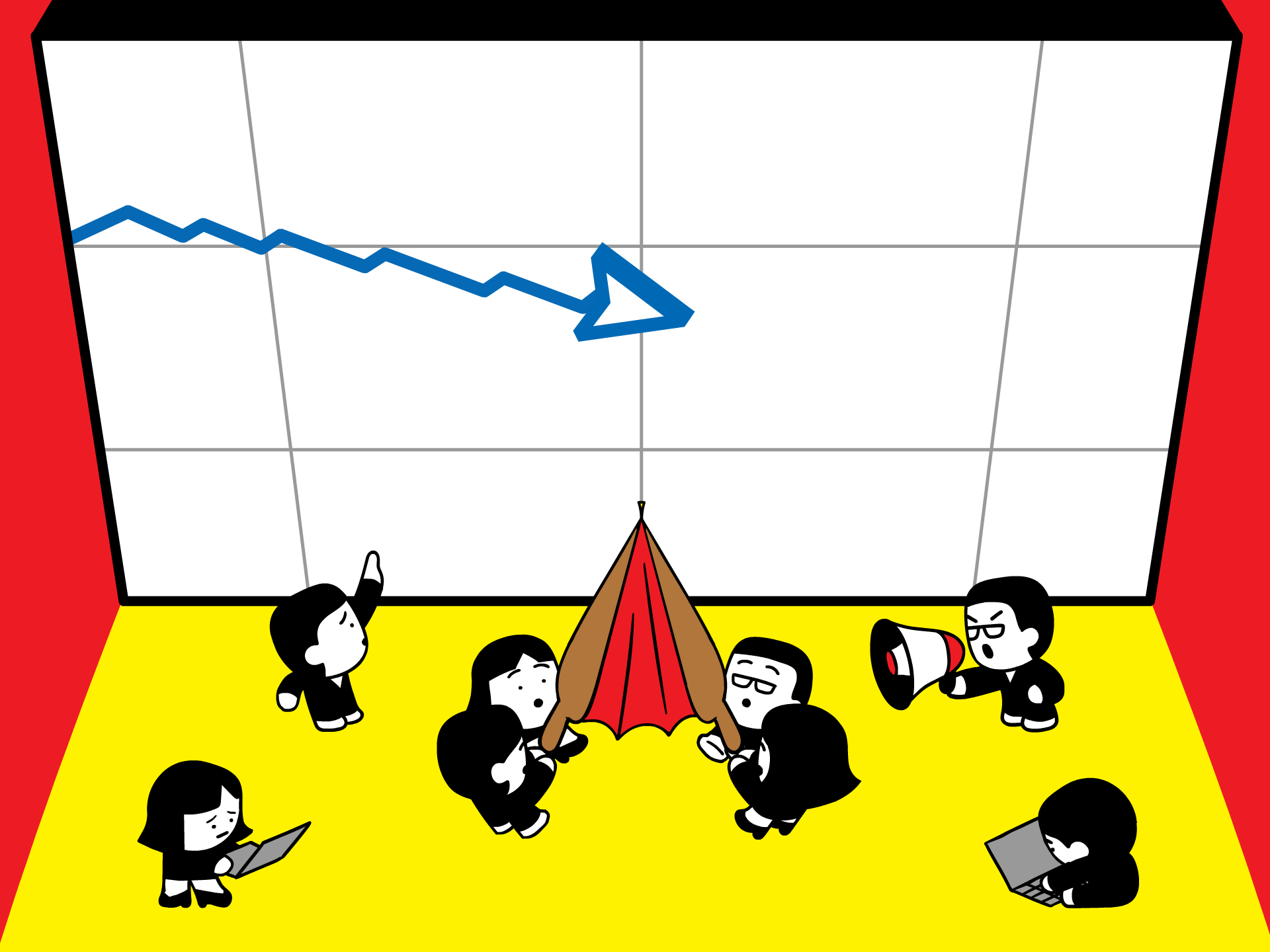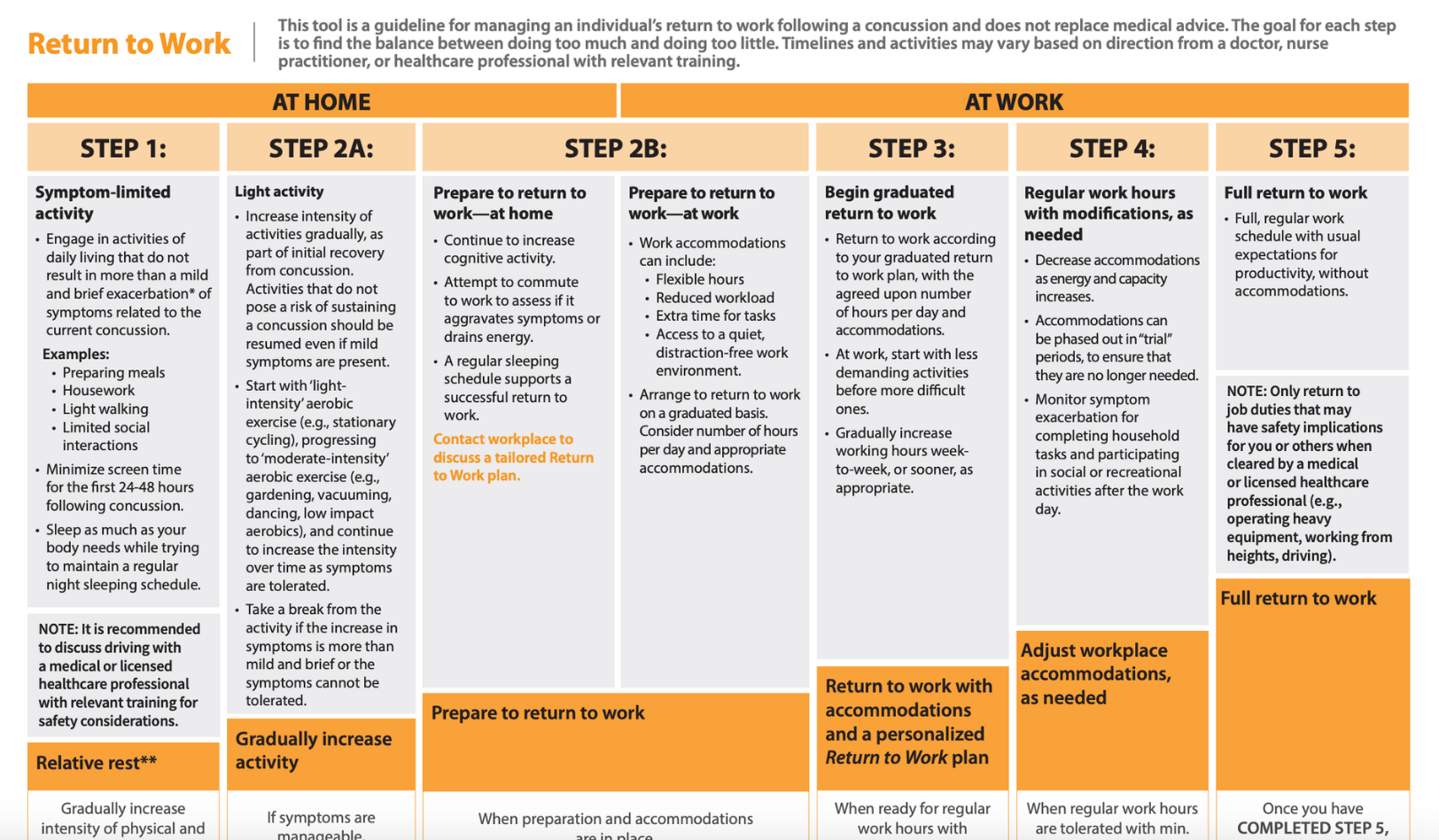Russia's Disinformation Campaign: False Greenland News And The Denmark-US Rift

Table of Contents
The Fabricated Greenland Narrative: Analyzing the False News
Origins and Dissemination
The false narratives about Greenland were disseminated through a multi-pronged approach, leveraging both state-controlled media outlets and social media platforms. This sophisticated operation aimed to create an alternative reality, undermining trust and confidence in established sources of information.
-
Examples of false news stories:
- Claims of massive US military base expansion plans far exceeding any announced intentions.
- Fabricated stories alleging secret uranium mining deals between Greenland and foreign powers.
- Spreading misinformation about Greenland's economic conditions to fuel anti-Western sentiment.
-
Techniques employed: The campaign utilized a combination of sophisticated techniques, including:
- The deployment of botnets to amplify false narratives and create the illusion of widespread support.
- The use of troll farms to generate inflammatory comments and engage in online harassment of those challenging the false claims.
- Coordinated campaigns across multiple social media platforms, ensuring maximum reach and impact.
Target Audience and Impact
The disinformation campaign targeting Greenland aimed to influence public opinion in Greenland, Denmark, and the United States. The desired impact was multifaceted:
- Erosion of trust: Weakening public trust in the Danish government's handling of Greenlandic affairs and its relationship with the US.
- Increased skepticism: Cultivating skepticism towards US involvement in Greenland, portraying it as an exploitative and aggressive force.
- Sowing discord: Creating friction and distrust between Denmark and the US, undermining their close alliance.
The potential for this false news to influence public policy decisions is significant, especially given the strategic importance of Greenland's location and resources. The dissemination of false narratives can lead to ill-informed policy choices, jeopardizing national security interests and international collaborations.
The Denmark-US Relationship: Assessing the Strain Caused by Disinformation
Impact on Strategic Partnerships
Russia's disinformation campaign has undoubtedly strained the traditionally strong Denmark-US alliance. The spread of false narratives has created an environment of mistrust and suspicion, impacting various aspects of their partnership.
- Increased political tensions: The false news has fueled political debates and disagreements between Denmark and the US, hindering their ability to cooperate effectively on shared security concerns.
- Strained diplomatic relations: Diplomatic efforts have been required to address the fallout from the disinformation, consuming resources and time that could have been dedicated to other pressing matters.
- Potential for reduced military cooperation: The mistrust generated by the disinformation campaign could ultimately lead to a reduction in military cooperation and joint exercises between the two nations. This would weaken their combined defense capabilities.
Responses and Countermeasures
Both Denmark and the US have implemented various measures to counter the disinformation campaign. However, the effectiveness of these measures remains a subject of ongoing debate and evaluation.
- Fact-checking initiatives: Both countries have invested in fact-checking initiatives and media literacy programs to equip citizens with the skills to identify and debunk disinformation.
- Increased cybersecurity measures: Efforts have been made to enhance cybersecurity infrastructure and to monitor online activity for malicious campaigns.
- Improved communication strategies: Denmark and the US have sought to improve their communication strategies to counter the narrative and provide accurate information to the public.
Geopolitical Implications: Understanding Russia's Strategic Goals
Weakening Western Alliances
The disinformation campaign against Greenland is part of a broader Russian strategy to weaken Western alliances, specifically NATO and the EU. By spreading false information and creating divisions, Russia aims to undermine the unity and effectiveness of these organizations.
- Creating mistrust: Disinformation campaigns exploit existing tensions and create new points of conflict between allies.
- Distraction tactics: The disinformation distracts from Russia's own actions and aggressive foreign policy maneuvers.
- Exploiting vulnerabilities: Russia leverages existing societal divisions and political disagreements to amplify the impact of their disinformation efforts.
Projecting Power and Influence
Disinformation campaigns represent a cost-effective method for Russia to project power and influence globally without resorting to overt military action. This is a key element of Russia's hybrid warfare strategy.
- Low-cost, high-impact approach: Compared to military interventions, disinformation campaigns are relatively inexpensive yet can achieve significant geopolitical impact.
- Ability to shape narratives: Russia uses disinformation to shape global narratives, manipulating public opinion and influencing policy decisions.
- Avoiding direct confrontation: This approach allows Russia to avoid direct military confrontation and reduce the risk of escalation, maintaining plausible deniability.
Conclusion: Combating Russia's Disinformation Campaign: The Need for Vigilance and Cooperation
The false Greenland narrative exemplifies the dangers of "Russia's Disinformation Campaign." This campaign, aimed at undermining the Denmark-US relationship and weakening Western alliances, highlights Russia's sophisticated use of disinformation as a tool of geopolitical influence. The impact on strategic partnerships and international relations underscores the urgent need for robust countermeasures. We must remain vigilant, enhancing fact-checking initiatives, strengthening cybersecurity measures, and promoting media literacy. International cooperation is crucial to effectively combat this threat. We must all be critical consumers of information, reporting suspicious activity related to Russia's disinformation campaigns, and furthering research into this growing threat to global security. Only through collective action can we effectively counter "Russia's Disinformation Campaign" and safeguard our democratic institutions.

Featured Posts
-
 La Fire Aftermath Price Gouging Allegations Surface Sparking Outrage
Apr 26, 2025
La Fire Aftermath Price Gouging Allegations Surface Sparking Outrage
Apr 26, 2025 -
 Dow Futures Fluctuate Chinas Economic Support Pledge Amid Trade Tensions
Apr 26, 2025
Dow Futures Fluctuate Chinas Economic Support Pledge Amid Trade Tensions
Apr 26, 2025 -
 Ftc Launches Probe Into Open Ai Implications For Ai Development
Apr 26, 2025
Ftc Launches Probe Into Open Ai Implications For Ai Development
Apr 26, 2025 -
 Should You Return To A Company That Laid You Off A Guide To Your Decision
Apr 26, 2025
Should You Return To A Company That Laid You Off A Guide To Your Decision
Apr 26, 2025 -
 Stock Market Update Dow Futures Waver On Chinas Economic Support Promises
Apr 26, 2025
Stock Market Update Dow Futures Waver On Chinas Economic Support Promises
Apr 26, 2025
Latest Posts
-
 Pne Groups German Expansion New Permits Granted For Wind And Solar Energy
Apr 27, 2025
Pne Groups German Expansion New Permits Granted For Wind And Solar Energy
Apr 27, 2025 -
 Two Wind Farms And A Pv Plant Approved For Pne Group In Germany
Apr 27, 2025
Two Wind Farms And A Pv Plant Approved For Pne Group In Germany
Apr 27, 2025 -
 German Renewables Expansion Pne Group Receives Permits For Wind And Pv Projects
Apr 27, 2025
German Renewables Expansion Pne Group Receives Permits For Wind And Pv Projects
Apr 27, 2025 -
 Pne Group Awarded Permits For Two Wind Farms And A Solar Plant In Germany
Apr 27, 2025
Pne Group Awarded Permits For Two Wind Farms And A Solar Plant In Germany
Apr 27, 2025 -
 Thueringen Artenvielfalt Von Amphibien Und Reptilien Im Neuen Atlas Dokumentiert
Apr 27, 2025
Thueringen Artenvielfalt Von Amphibien Und Reptilien Im Neuen Atlas Dokumentiert
Apr 27, 2025
